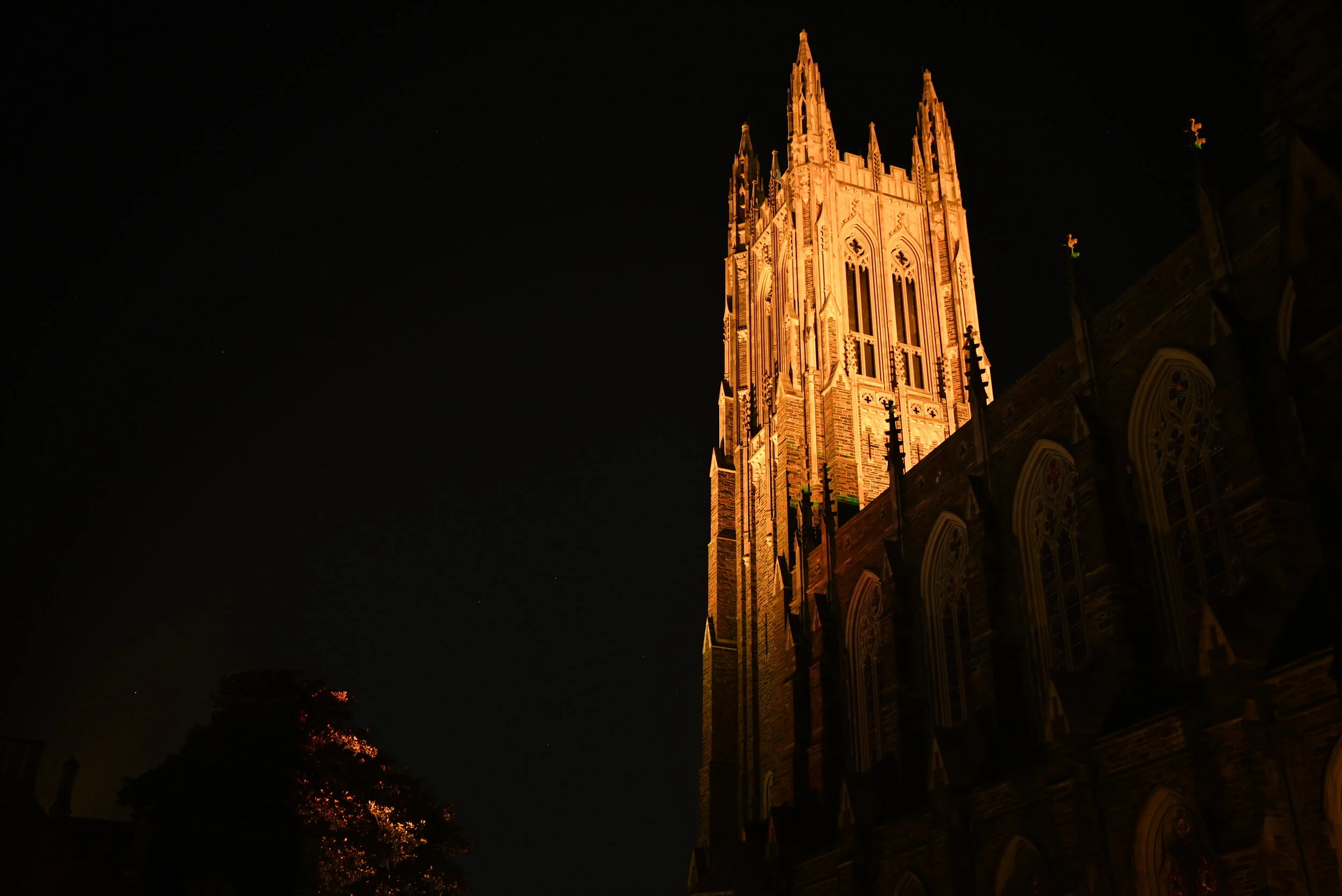Arkansas’s Health Law is an Attack on the LGBTQ+ Community and the Health Profession
Last week, Arkansas Governor Asa Hutchinson signed into law a bill that will give physicians and other medical professionals the ability to refuse medical care based on moral, religious, or ethical grounds. The law, deceptively named the Medical Ethics and Diversity Act, means that doctors can deny LGBTQ+ patients treatment based on personal objections, even when that care is medically necessary. The legislation unabashedly marginalizes the rights of LGBTQ+ patients, and it is antithetical to the essence of the medical profession.
Already, the LGBTQ+ community faces troubling inequalities when obtaining medical care. A 2009 survey found that 56% of lesbian, gay, or bisexual patients and 70% of transgender and non-conforming patients medical discrimination. This discrimination often manifests through stigmas, biases, and disrespectful attitudes — a predicament that is familiar for many Blacks. In some cases, medical professionals have refused to touch or be near LGBTQ+ individuals. In other cases, healthcare providers have used hostile language against these patients, or they have lacked the knowledge and awareness to interact with them. And on a systemic level, medical school curriculums and treatment options have lagged behind modern definitions of gender, meaning that LGBTQ+ patients may receive care that is dehumanizing or inapplicable.
Just as is the case for many Black patients, systemic shortcomings and a pattern of negative interactions have fostered distrust in many LGBTQ+ patients. As a result, these individuals are loath to seek out care, thus worsening their outcomes. For example, research has indicated that LGBTQ+ people are more likely to “rate their health as poor and report chronic conditions,” lesbian and bisexual women are more likely to have breast cancer and cervical cancer, and gay and bisexual men are at higher risk of HIV. Although evidence is limited, studies have also shown that the LGBTQ+ community faces elevated health risks such as suicide and depression, substance abuse, and homophobic and transphobic violence.
Arkansas’s anti-LGBTQ+ law exacerbates these existing issues. Denying medical care to LGBTQ+ patients poses a direct threat to their health, and it amounts to a brazen, unapologetic attack on their rights. Access to adequate, affordable healthcare is a universal human right, regardless of one’s race, gender, or sexuality. In a country that places itself on the vanguard of progress and equality, this law undermines that notion; instead, it compromises the right to life for hundreds of thousands of Arkansans.
Adamantly declaring that medical professionals have the First Amendment right to adhere to their religious beliefs, supporters of the new law will invariably claim that the freedoms of those in the medical field must be protected. Physicians, however, take an oath to treat people to the best of their ability. When a patient is lying on the table, they are in their rawest state — bare, vulnerable, and precarious. Physicians must acknowledge the humanity before them — the delicate balance between life and death that is true for all of us, regardless of our race, gender, or sexual identity. In this instant, physicians must see beyond social constructs and see their patients as people — people in dire need.
As an aspiring physician, I realize it will be my duty to deliver care to patients who may make me uncomfortable. My parents have made me well aware of this. My mother, a female neurologist, has treated dozens of old men who have been suggestive and predatory while in her exam room. My father, a Muslim cardiologist, has treated hundreds of racist, Islamophobic patients. Throughout their careers, my parents have suppressed any reluctance to help those individuals because they have understood that their personal objections could not interfere with the urgent needs of their surrounding communities. Ultimately, they have recognized and instilled within me that medicine is a profession that requires a noble degree of selflessness.
Physicians are not arbiters of life and death; they do not get to decide who lives and who dies. Rather, the essence of a physician is protecting life. At its core, medicine is a field embedded in the fabric of humanity. There is nothing humane about denying care to LGBTQ+ patients.


